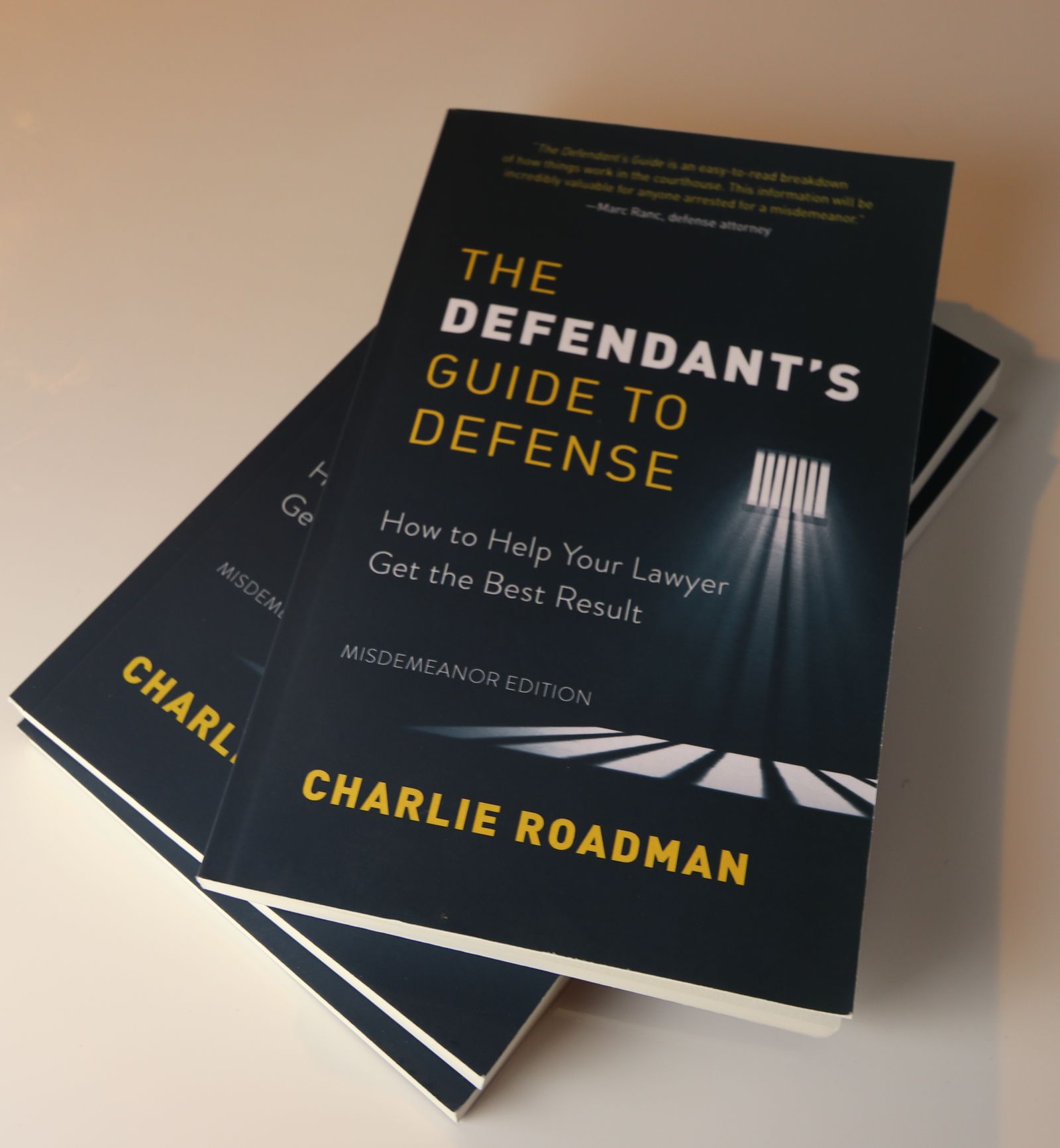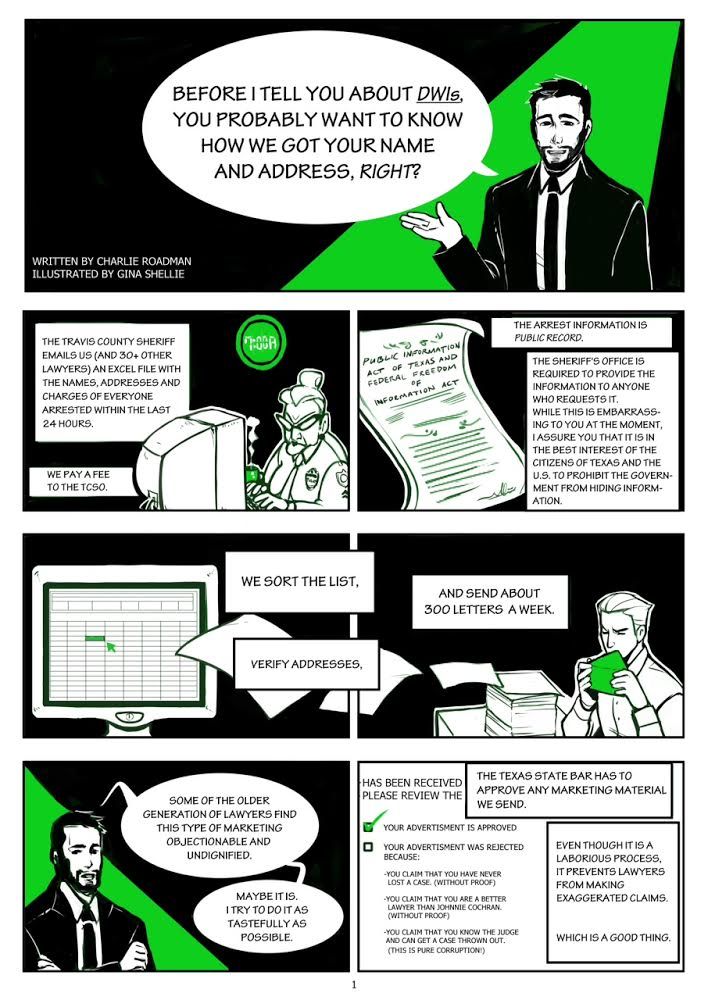Types of Evidence in a DWI Case
Types of Evidence in a DWI Case
Charlie explains what constitutes evidence in a DWI case.
FAQs
Q: What is considered evidence in a DWI case?
A: Evidence in a DWI case includes various types of information that can be used to support the charges. These include:
Breath or blood test results: These are the most obvious forms of evidence.
Video or audio recordings: This includes recordings of the incident and arrest, such as field sobriety tests from police dashcams or body cams, as well as footage from civilian sources like Ring cameras or security cameras.
Police observations: Anything the police officers see or hear, including the defendant's statements or behavior, is considered evidence since officers can testify to these observations.
Civilian witness statements: Testimonies from passersby, other drivers, passengers, or anyone who witnessed the incident can be used as evidence.
Physical and digital evidence: This includes any physical damage or digital proof of driving or other related activities.
Q: Do the police need a breath or blood test result to have evidence against me in a DWI case?
A: No, the police do not need a breath or blood test result to have evidence against you. There are other types of evidence that can be used, such as video or audio recordings, police observations, civilian witness statements, and physical or digital evidence.
Q: Can the police use their observations as evidence in a DWI case?
A: Yes, the police can use their observations as evidence. Anything they see or hear, including the defendant's statements or behavior, can be testified to in court and considered as evidence.
Q: Are civilian witness statements considered evidence in a DWI case?
A: Yes, civilian witness statements are considered evidence. Testimonies from passersby, other drivers, passengers, or anyone who witnessed the incident can be used to support the charges.
Q: Can physical or digital evidence be used in a DWI case?
A: Yes, physical or digital evidence can be used in a DWI case. This includes any physical damage or digital proof of driving or other related activities.
Q: Does having evidence guarantee a conviction in a DWI case?
A: No, having evidence does not guarantee a conviction. The evidence must meet the standard of "beyond a reasonable doubt" for a conviction. The police could be mistaken or wrong about the evidence, and it is up to the court to determine if the evidence is sufficient for a conviction.
Q: What should I do if I have questions about evidence in my DWI case?
A: If you have questions about evidence in your DWI case, it is important to consult with a qualified criminal defense attorney who can provide legal advice and help you understand your rights and options.



